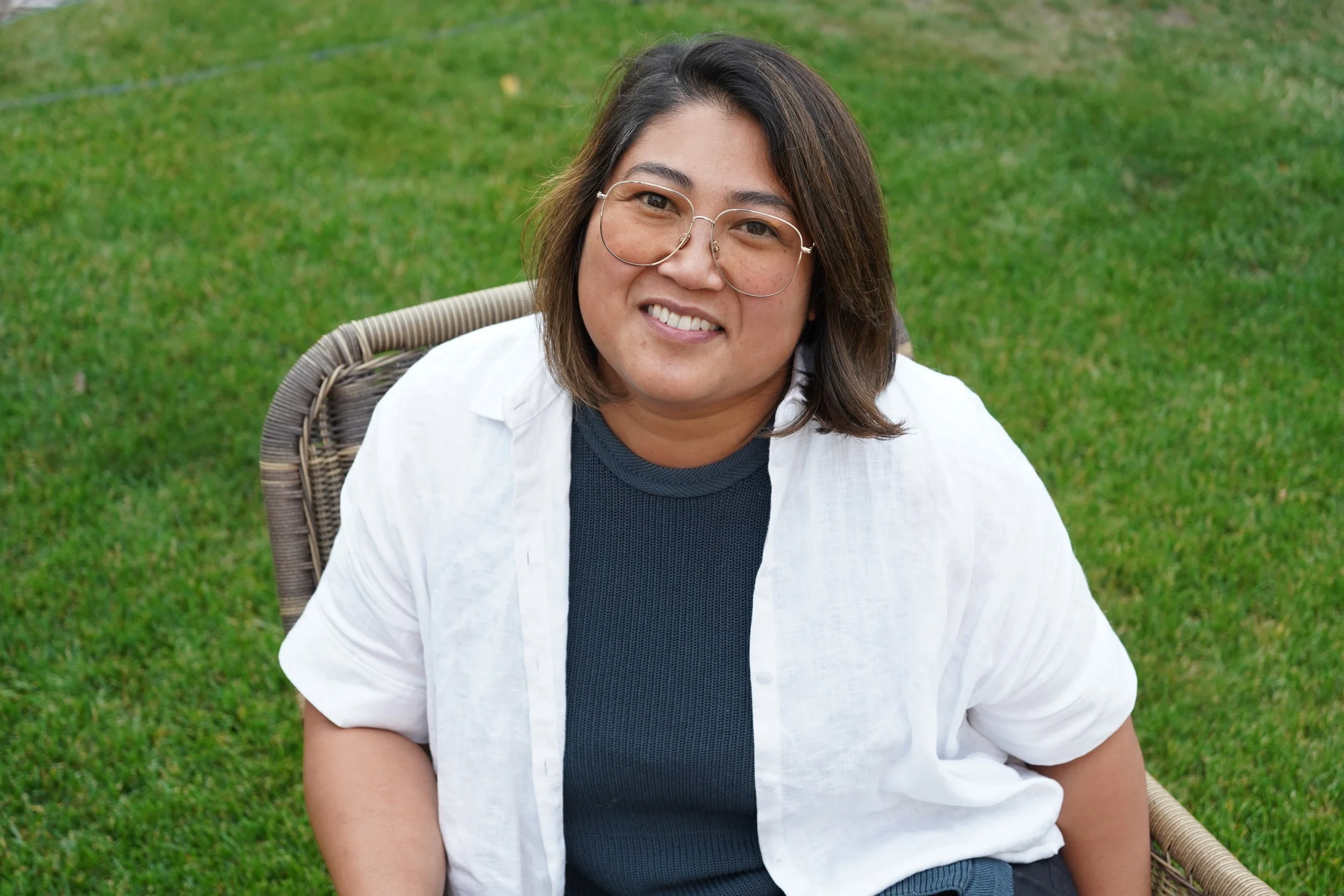Raissa Espiritu wears many hats, but the ones she wears most proudly are Managing Partner of Audaxa Ventures and lecturer at the Haskayne School of Business, where she teaches undergraduate and graduate students about social enterprise. She also serves as a Director of Local Investing YYC. On June 25, 2025 she was interviewed by Stephanie Jackman as part of Local Investing YYC’s series on its Board of Directors.
Stephanie: You began your career in science and medical research and are now in impact investing and systems change. Tell us more about this pivot, and what is the common thread for you?
Raissa: For me, it’s always been about helping people. I began in oncology research, motivated by the idea of curing diseases. After finishing my Master degree, I stumbled into philanthropy—volunteering in the hospital’s tax receiving office. This exposed me to fundraising, where I had an “aha” moment: you can simply ask people to fund causes they believe in. That realization launched me into a career in fundraising. With time, I began to ask a bit more about the ‘money part’.... Who controls the money? Who can access it? Who gets excluded? These questions led me into some initial diversity, equity, and inclusion (DEI) work with a focus on impact investing. The unifying thread: ensuring people and organizations have the resources to do good for both people and the planet
Stephanie: You’ve lived and worked across Canada and now in Calgary. What do you like most about Calgary, and what would you change if you could?
Raissa: Like many living here, I appreciate the proximity to the mountains. But what stands out more is Calgary’s social fabric: it’s the “smallest big city,” where you’re never more than two degrees of separation from anyone. This makes it an easy place to connect and get things done. On the flip side, I reflect on the tension around Alberta’s oil-and-gas identity. In parts of Canada, people may be quick to dismiss Alberta out-right because of the industry that upholds much of the economy. Living here, I’ve come to appreciate the historical and economic context of the energy industry, even while holding strong climate inclinations. If I could change something, it would be encouraging a wider embrace of impact and regenerative practices, which I believe Alberta has great potential for.
Stephanie: Do you see ways to bridge divides between the resource economy and regenerative approaches?
Raissa: Language is key. The word “impact” often means something different in Alberta than it does in Ontario, which can create friction. I see people in Alberta engaging in impactful work—they just may not label it that way. To address this, I would distinguish between “practitioners”(those fluent in impact language) and “explorers” (those doing similar work without that label).Reframing conversations around curiosity instead of critique is essential for building bridges.
Stephanie: Can you share about your DEI/IDEA initiative with Platform Calgary and Audaxa Ventures? Who should get involved?
Raissa: The project aims to unlock Alberta’s significant pools of family-office and philanthropic capital for impact. By documenting stories of investors—both those who’ve already embraced
impact and those curious about it—I hope to build capacity and education in Alberta’s ecosystem. The work seeks shared definitions of impact and community wealth-building, highlighting the journeys of others as a way to inspire local actors. We’re inviting both experienced practitioners and open-minded explorers to be part of the conversation.
Stephanie: Thoughts on language in acronyms like DEI (Diversity Equity Inclusion) vs. IDEA (Inclusion Diversity Equity Access) vs. JEDI (Justice Equity Diversity Inclusion)?
Raissa: Again, I come back to language as both powerful and divisive. Terms like “equity-deserving” can mean very different things depending on the audience—some hear it as a social justice concept, others interpret it financially as “deserving equity” in a venture. These variations highlight how critical context is. Personally, I often prefer “justice-first” framings, as in Justice Equity Diversity Inclusion (JEDI) but acknowledge that organizations are intentional about the order of their chosen acronyms. For me, success will come from co-developing collective definitions that resonate across contexts.
Stephanie: Let’s end on why you’re here. As the newest board member of Local Investing YYC, tell us more about what attracted you the organization.
Raissa: What pulled me to Local Investing YYC is simple: it’s community wealth in action. I’ve spent years pushing for more inclusive capital—making sure founders who are women, immigrants, Indigenous, or otherwise overlooked actually get the resources they need. Local Investing YYC shows that investing doesn’t just have to come from big institutions; it can come from neighbours backing neighbours, democratizing who gets to participate in—and benefit from—investment. That changes the story of who holds power. Being new-ish to Calgary (3 years and counting), I’ve been looking for people and places that share my values and my way of thinking. Local Investing YYC resonated with me immediately—the belief that local capital, mobilized with intention, can build amore resilient and inclusive economy. That’s why I joined the board: to bring my experience in venture and impact investing to this work and help grow what’s already here.

